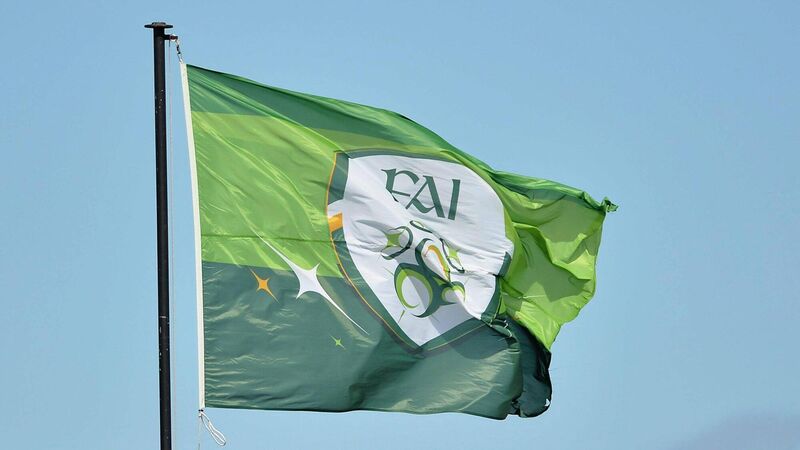Paul Rouse: How prevalent is match-fixing in sport?

Clean and fair: The FAI have investigated match-fixing allegations in the League of Ireland. Pic: Stephen McCarthy / SPORTSFILE
Detective Superintendent Catharina Gunne, of the Garda National Economic Crime Bureau, laid bare the problem: “Match-fixing and corruption is a threat to all sports at all levels. It can allow organised crime to infiltrate sport in order to use it to make illicit gains or launder proceeds of crime.”
Detective Superintendent Gunne was speaking after ten men were arrested last month in raids across Cork, Limerick and Dublin as part of an investigation into alleged match-fixing in the League of Ireland.









